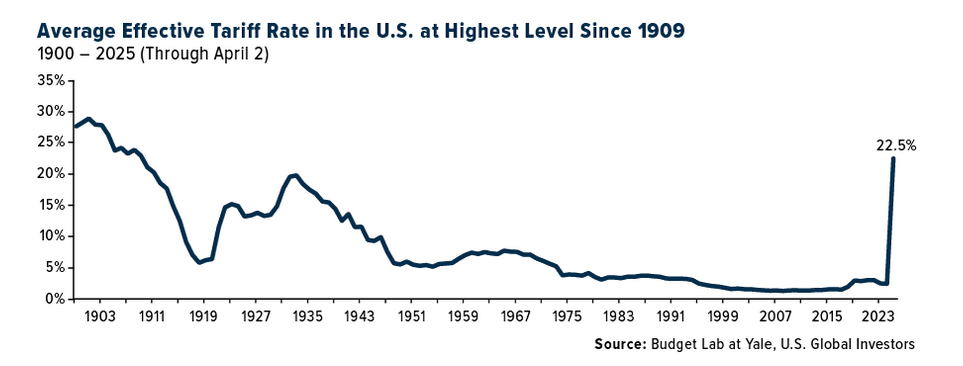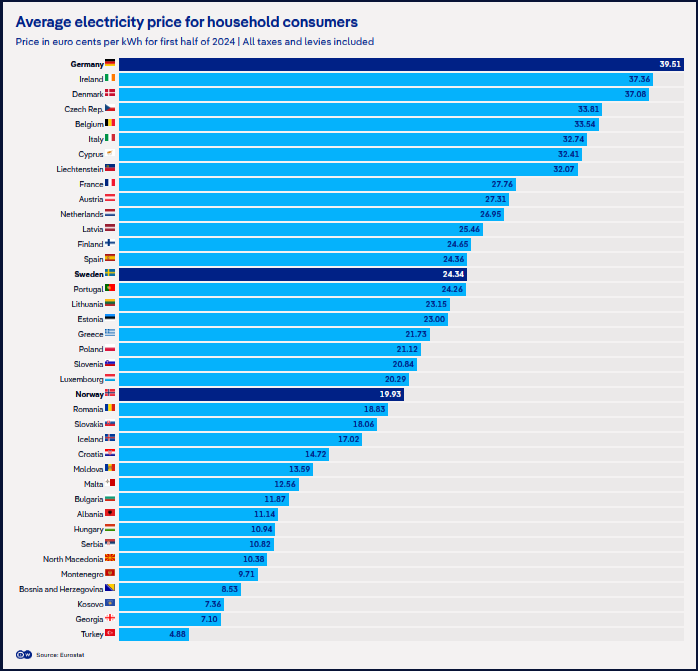The U.S. economy is projected to grow 2.6% this year and 2.3% next year according to IMF estimates. In September, the National Bureau of Economic Research (NBER) declared that the 2008 financial crisis recession ended. However most Americans feel that the economy is still in deep recession. This can be attributed to stubbornly high unemployment rates, collapsed housing market, stagnant wages and other factors.
Bob Goodman, Putnam Investments’ chief economist in the 1980s and 1990s states that after 25 years of upward growth, moving forward the U.S. economy would experience slow economic growth over the long run.
From an article published last month in the Financial Advisor magazine:
“Before the 1980s, the typical recession lasted six to nine months, and the duration of the average recovery was three to four years. During the last 25 years however, the U.S. experienced three recoveries lasting eight, ten and six years, respectively.
A Tale Of Two Systems
Goodman believes these longer cycles stem from the ongoing conflict between our economic system of free-market capitalism and our democratic political system.
“When you allow our type of economic system to operate freely, within the law, and let the markets dictate outcomes what you tend to get is a very efficient economic system,†Goodman says. “You get lots of growth, you employ a lot of people, you get low interest rates, low inflation, profits grow very rapidly, and equity markets, which reflect that health, typically do very, very well.â€
However, when markets are allowed to function freely, while you get a very positive economic outcome, the social outcome can be problematic. The reason is, our type of free-market system focuses on maximizing profits. That’s an economic motive—not a social motive. The problem is that the media tends to lump them both together and declares our free-market economic system as unfair. That may be true in a social sense, but in an economic sense it is fair.
 Not Everyone Is Equal Â
For example, in an economic sense, it is perfectly “fair†to expect the superstar baseball player Alex Rodriguez, aka A-Rod, to earn $25 million a year and a public school teacher to earn $60,000 a year. In terms of the social implications, nobody would doubt that the teacher is worth more than A-Rod, but in an economic sense, given A-Rod provides entertainment value for millions, the free market system declares A-Rod is worth much more.
There is an inherent conflict between the natural outcomes of a free-market system and the social implications. The reason is that in a democracy everyone’s vote counts the same.
“In a political sense you may be as equal as Donald Trump, but from an economic standpoint ‘the market’ says he is more productive,†Goodman added.
Because the American people look at the results of a freely functioning capitalistic system as socially unfair, they equate it with being economically unfair, and when we deem something as unfair, we vote to change it. In a democracy, if the majority of American voters want government to redistribute the wealth from those who have produced it to those who will consume it, that is going to happen, but not without consequences. The result will be a less efficient economic system.
Politics Always Trumps Economics
“You can’t blame our free market system for creating inequalities between and among people. It’s just the nature of our system. Our system rewards people based upon their contribution to the system. The American people don’t seem to understand that we can’t ask our type of economic model to do something for which it was not designed; that is, deliver a fair social outcome.â€
Earlier this year, Goodman says, he attended a Washington dinner party early at the British Embassy. At the party, the Secretary of the Department of Homeland Security, Janet Napolitano, asked him whether he thought the country was ever going to get out of this mess, he says. “If you want to enjoy yourself tonight, don’t have me answer that question,†Goodman told her.
Napolitano persisted, he says, so he answered: “The American people are getting what they say they want. They want a more equal distribution of income and wealth; and our government will try to achieve that result by manipulating our tax system. In so doing, they may remove the very incentives for people to compete, to take risks, and create jobs. That strategy will inhibit long-term growth.
“The U.S. is facing a similar economic situation it faced during the Great Depression. To really put people back to work today, it may be necessary to recreate the WPA, TVA and CCC, and build dams, and roads, and bridges. While I know that means more government spending, in the near term that’s what it’s going to take to restart this economic engine. In the short run, we’re going to have to run a large budget deficit. In the long run, however, we must eliminate the structural deficit that appears to be baked into the system. This can be done by a combination of slowing the growth of government spending combined with a major overhaul of our tax system, with the objective of making it more efficient.
“The challenge is there is an overwhelming majority of the American people that stand to benefit from government giving them something. They don’t understand that government has only what it can get from other people. So these issues wind up being a transfer from those who are producing to those who are consuming. Only the arithmetic is now is running against us.
“It’s going to take a lot more pain before we get any real change, and we haven’t reached that threshold, not yet anyway,†Goodman says.
“You could put me in the Oval Office with President Obama and shut the door and I would tell him the same thing that any economist would tell him. He’s bright and he’d get it, he might even agree with everything I say. However given political reality, there would be vertically nothing he could do about it, because he would never get re-elected. In a democracy the people get what they ask for, not what they may ultimately need.â€
Once The King Of The Hill
As more and more countries adopt a free-market system, it will become increasingly difficult for the U.S. to compete as they become more efficient and we become less so. That means that over the longer run, Americans may have to adjust to slower growth and shrinking opportunities, meaning fewer jobs, which eventually leads to politicians getting thrown out.
“It’s like a pendulum,†says Goodman. “A pendulum swings from one extreme to the other, so eventually we will see a turn like in 1979 and 1980, which came about after the American people suffered enough that they threw everybody out and started brand new with Ronald Reagan. That will happen again, only we haven’t experienced enough pain yet.â€Â ”
Mr.Goodman makes some very interesting points. Americans elected President Obama after enduring eight years of economic devastation during the previous administration. However since Obama took office the economy is nowhere near a real recovery despite billions of dollars doled to corporations in various bailouts. Americans overwhelming threw out the Democrats in the recent mid-term elections due to their frustration with lack of progress. It remains to be seen if the economy will recover in the next two years under the current administration. If it does not, then indeed the pendulum might swing back to the other side and a strong Republican president with leadership qualities may have to get the economy back on track.




To be honest I don’t know if we should call Donald Trump effective considering how many times he’s filed bankruptcy and bribed politicians to make business deals in his favor.
I agree.Donald has failed so many times yet they keep supporting him. I think they do that to show him as an example of some highly successful businessman that the public can follow. For some reason,Mr.Goodman seems to think that he is effective.
Thanks for the comment.